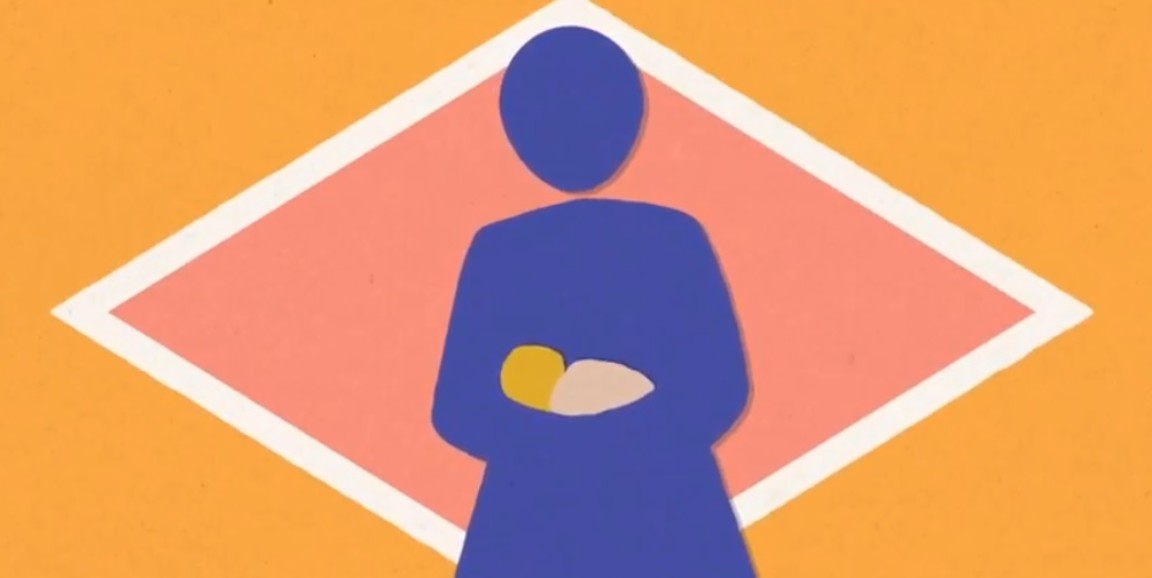Like many developing countries, South Africa doesn't have enough physicians to meet the population's needs. Community health workers fill the gap, but they often need better educational materials, both to expand their own medical knowledge and to help inform their patients.
Stanford lecturer Maya Adam, MD, recently returned from a year in South Africa, where she has been working on this problem. Adam, who is the faculty lead for the South Africa arm of Stanford's Digital Medical Education International Collaborative, has been developing short videos that can deliver modern, accessible medical knowledge to people around the world.
The videos, including the one above, use simple animations that can be dubbed in any language, making them easy to adapt to different cultural settings. Many of the videos are aimed at mothers of babies and young children, since early life is a particularly vulnerable time. Starting this month, videos on topics such as breast feeding, kangaroo mother care and pneumonia will be rolled out by health workers in South African communities. As Adam explains in a recent blog post:
From November 2018, 84 of the Philani Mentor Mothers will carry teaching tablets loaded with health education content produced by Stanford’s Digital MEdIC South Africa Program. The content is story-based, short and animated — aimed at touching an emotional chord in the viewer. Research has shown that enhanced engagement in the health promotion messages can stimulate the kind of behavior change that leads to improved health outcomes.
Adam's piece also highlights the things she most enjoyed about producing the videos, including working with local 4th grader Qhawe Nkopane, who supplied the child's voice for some of the videos:
Qhawe isn’t just a clever 10 year-old with a sweet voice. Sitting in the recording booth with her one afternoon, we both got the giggles when she had to deliver a line about remembering the sweet smell of her mother’s milk. 'Yech,' she said, before dissolving into peals of laughter. Unable to help myself, I joined in. (It had been a long recording session and we were both getting a little tired.) Actually, the way in which she had delivered the line the first time was fine, so I assumed we were done for the day. As I started packing up the recording equipment, Qhawe stopped me and said, 'Maya, I want to do that line again. We need to get it just right. Let’s try to be serious and finish this before we leave today.'
Video and image courtesy of Maya Adam




